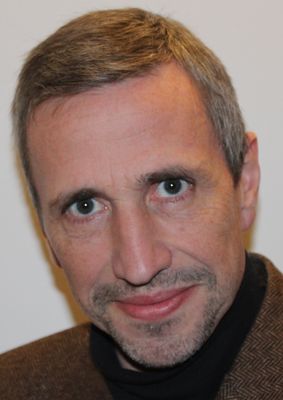 Wolfgang Kastner is associate professor and head of the Automation Systems Group part of the Faculty of Informatics at TU Wien. He is specialized in the research and development of (secure) distributed automation systems, with a special focus on industrial communication systems, building automation systems and smart grids.
Wolfgang Kastner is associate professor and head of the Automation Systems Group part of the Faculty of Informatics at TU Wien. He is specialized in the research and development of (secure) distributed automation systems, with a special focus on industrial communication systems, building automation systems and smart grids.
Current research topics led by him are centered around the comprehensive integration of heterogeneous automation systems. Focus is put on the analysis and use of open control network standards and automation systems integration based on management level approaches (knowledge representation, service-oriented architectures, Semantic Web) tackling research topics in the area of the Industrial Internet of Things.
Wolfgang Kastner is member of the IEEE-IES Technical Committee on Factory Automation (TC FA) and founding member of the IEEE-IES Technical Committee on Building Automation, Control, and Management (TC BACM).
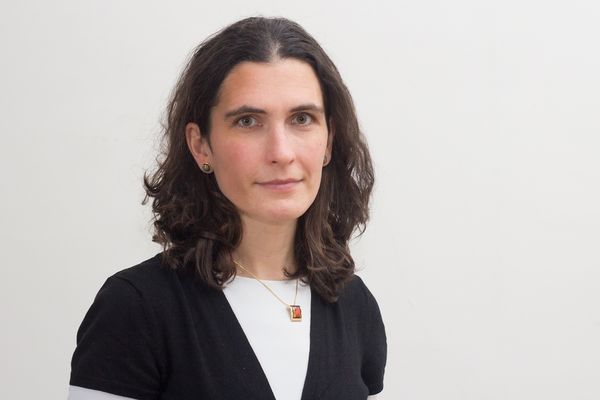 Laura Kovács is a full professor at the Faculty of Informatics of Vienna University of Technology (TU Vienna). She also holds a part-time professor position at the Department of Computer Science and Engineering of the Chalmers University of Technology. She has a diploma in computer science and math from the West University of Timisoara, Romania and a PhD with highest distinction in computer science from the Research Institute of Symbolic Computation (RISC-Linz) of the Johannes Kepler University Linz, Austria.
Laura Kovács is a full professor at the Faculty of Informatics of Vienna University of Technology (TU Vienna). She also holds a part-time professor position at the Department of Computer Science and Engineering of the Chalmers University of Technology. She has a diploma in computer science and math from the West University of Timisoara, Romania and a PhD with highest distinction in computer science from the Research Institute of Symbolic Computation (RISC-Linz) of the Johannes Kepler University Linz, Austria.
In her research, Laura Kovács deals with the design and development of new theories, technologies, and tools for program analysis, with a particular focus on automated assertion generation, symbolic summation, computer algebra, and automated theorem proving. She is the co-developer of the Vampire theorem prover. In 2014, she received the Swedish Wallenberg Academy Fellowship and an ERC Starting Grant.
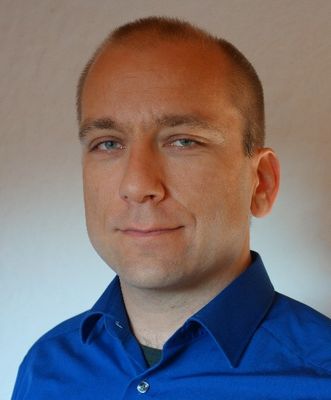 Martin Atzmüller is assistant professor at Tilburg University as well as visiting professor at the Université Sorbonne Paris Cité. He earned his habilitation (Dr. habil.) in 2013 at the University of Kassel, where he also was appointed as adjunct professor (Privatdozent). Before that, he received his Ph.D. (Dr. rer. nat.) in Computer Science from the University of Würzburg in 2006. He studied Computer Science at the University of Texas at Austin (USA) and at the University of Würzburg where he completed his MSc in Computer Science.
Martin Atzmüller is assistant professor at Tilburg University as well as visiting professor at the Université Sorbonne Paris Cité. He earned his habilitation (Dr. habil.) in 2013 at the University of Kassel, where he also was appointed as adjunct professor (Privatdozent). Before that, he received his Ph.D. (Dr. rer. nat.) in Computer Science from the University of Würzburg in 2006. He studied Computer Science at the University of Texas at Austin (USA) and at the University of Würzburg where he completed his MSc in Computer Science.
Martin Atzmüller conducts fundamental and applied research at the nexus of Data Science, Network Analysis, the Internet of Things, Wearable Sensors, and Big Data. He has published a significant number of scientific articles in top venues, and is the winner of several Best Paper and Innovation Awards. He regularly acts as PC member of several top-tier conferences and as co-organizer on a number of international workshops and conferences, and is a founding member of the German VDI GMA committee of experts on Big Data.
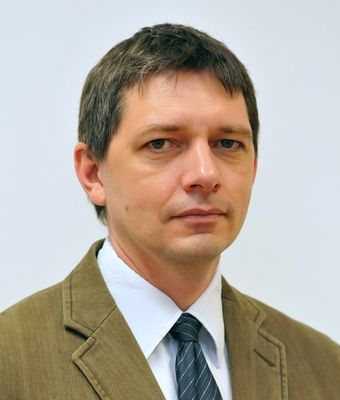 András Hajdu received his MSc degree in Mathematics from the Lajos Kossuth University, Hungary, in 1996. He obtained his PhD degree in Mathematics and Computer Science from the University of Debrecen, Hungary, in 2003. He worked as a PostDoc researcher for the Artificial Intelligence Information Analysis Laboratory, Dept. of Informatics, Aristotle University of Thessaloniki in 2005-2006. From 2001 he served as Assistant Lecturer, since 2003 as Assistant Professor, since 2008 as an Associate Professor, and since 2017 as a full professor at the University of Debrecen. From 2011, he is the head of the Department of Computer Graphics and Image Processing at the Faculty of Informatics, University of Debrecen.
András Hajdu received his MSc degree in Mathematics from the Lajos Kossuth University, Hungary, in 1996. He obtained his PhD degree in Mathematics and Computer Science from the University of Debrecen, Hungary, in 2003. He worked as a PostDoc researcher for the Artificial Intelligence Information Analysis Laboratory, Dept. of Informatics, Aristotle University of Thessaloniki in 2005-2006. From 2001 he served as Assistant Lecturer, since 2003 as Assistant Professor, since 2008 as an Associate Professor, and since 2017 as a full professor at the University of Debrecen. From 2011, he is the head of the Department of Computer Graphics and Image Processing at the Faculty of Informatics, University of Debrecen.
He is a senior member of the IEEE, member of the Janos Bolyai Mathematical Society, John von Neumann Computer Society (Hungary), Public Body of the Hungarian Academy of Sciences, and from 2015 the president of the Hungarian Association for Image Analysis and Pattern Recognition. He has authored or co-authored 39 journal papers and 108 conference papers. His main interest lies in digital image processing, machine learning and discrete mathematics.
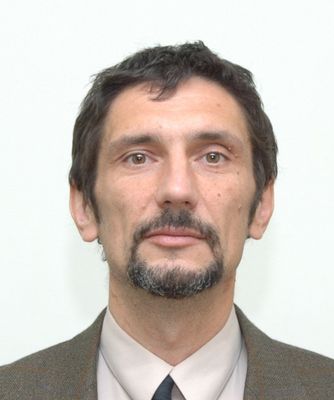 Dr. habil László Kovács from University of Miskolc, Department of Information Technology is a specialist in knowledge modeling and data mining. He obtained a PhD degree in technical sciences from University of Miskolc, (HU).
Dr. habil László Kovács from University of Miskolc, Department of Information Technology is a specialist in knowledge modeling and data mining. He obtained a PhD degree in technical sciences from University of Miskolc, (HU).
Main teaching areas cover Database Systems, Database Administration, OLAP and Data Mining, XML-data management, Ontology Management. The research interest of Dr. Kovács involves the following areas: soft computing, heuristic optimizations, ontology modeling in database systems, statistical grammar induction.
He participated in several mobility programs on the field of software engineering and database management at DEC Munich, University of Helsinki, University of Lisboa, University of Karlsruhe, University of Erlangen. Dr Kovács has about 120 publications on data and knowledge modelling. He is the Head of the Institute and the leader of the research group on ontology-based grammar induction at Univerity of Miskolc.
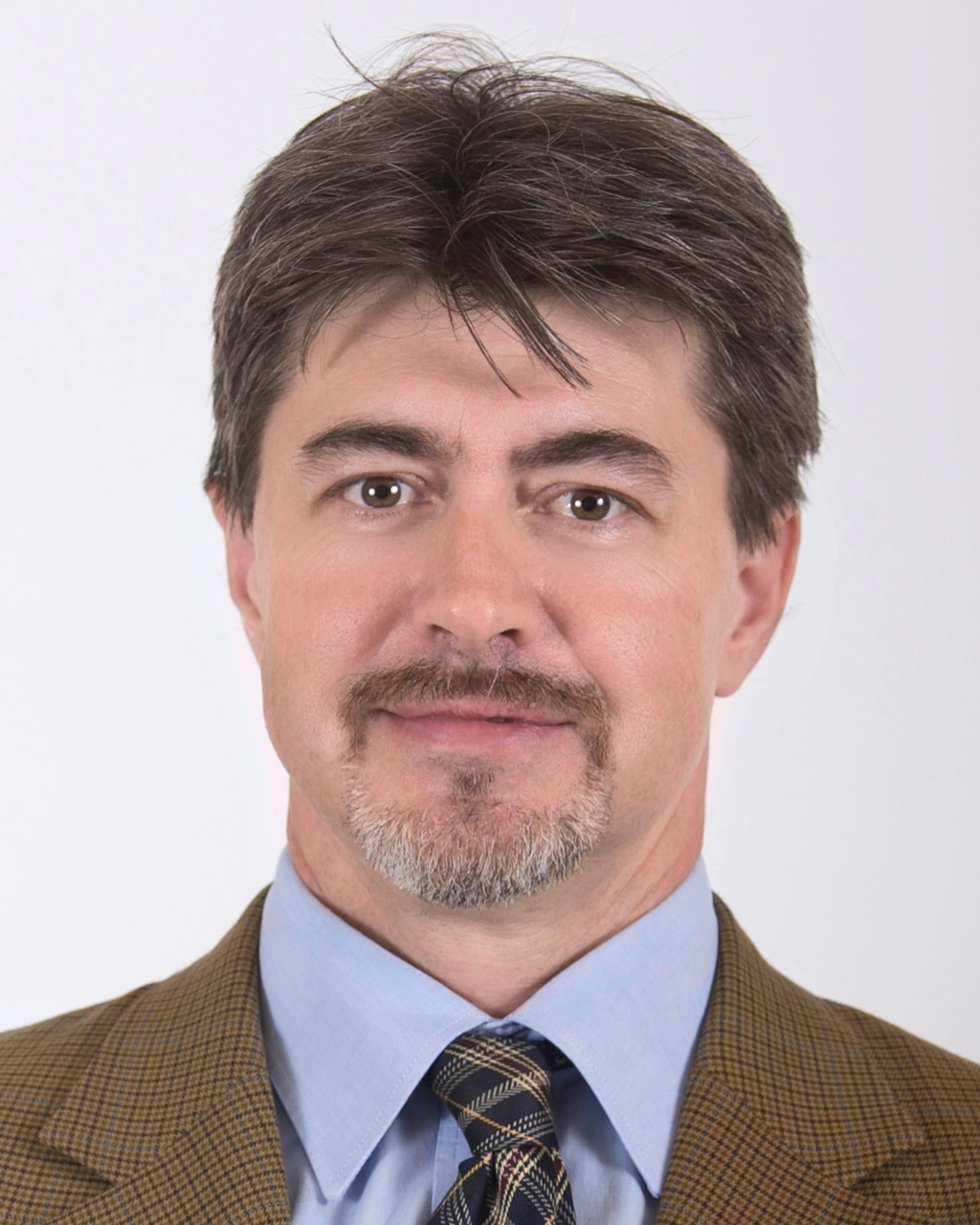 Peter Baranyi is a professor at the Széchenyi István University and the Budapest University of Technology and Economics. He is the head of the Multidisciplinary PhD School of Engineering Sciences at the Széchenyi István University. He received his Ph.D and D.Sc in informatics and system control. He had long-term research positions at Tokio University, Gifu Research Institute, Chinese University of Hong Kong, Hull University, UK and further research positions in Australia and EU.
Peter Baranyi is a professor at the Széchenyi István University and the Budapest University of Technology and Economics. He is the head of the Multidisciplinary PhD School of Engineering Sciences at the Széchenyi István University. He received his Ph.D and D.Sc in informatics and system control. He had long-term research positions at Tokio University, Gifu Research Institute, Chinese University of Hong Kong, Hull University, UK and further research positions in Australia and EU.
He initiated the TP model transformation based control design theory and the Cognitive Infocommunications scientific interdisciplina. He is also interested in virtual reality based engineering solutions. He authored 370 publications (including 3 books, 90 journals). According to Google Scholar he has about 5000 citations.